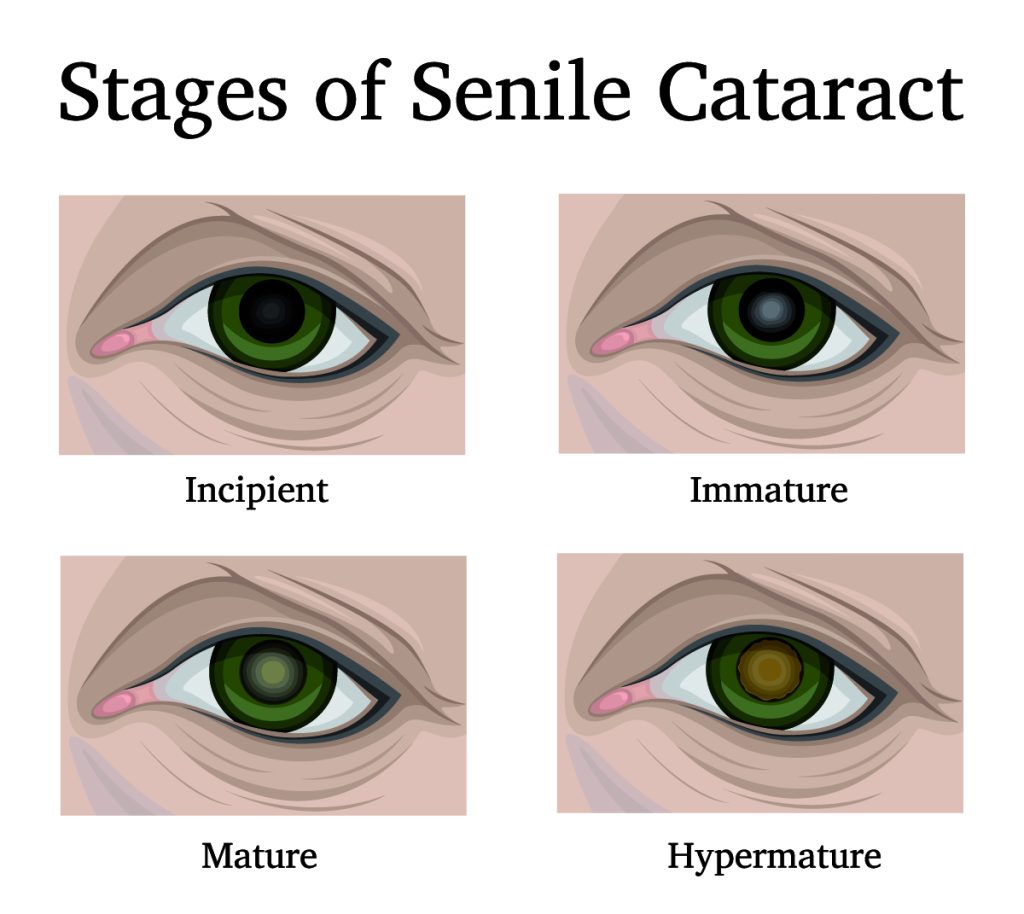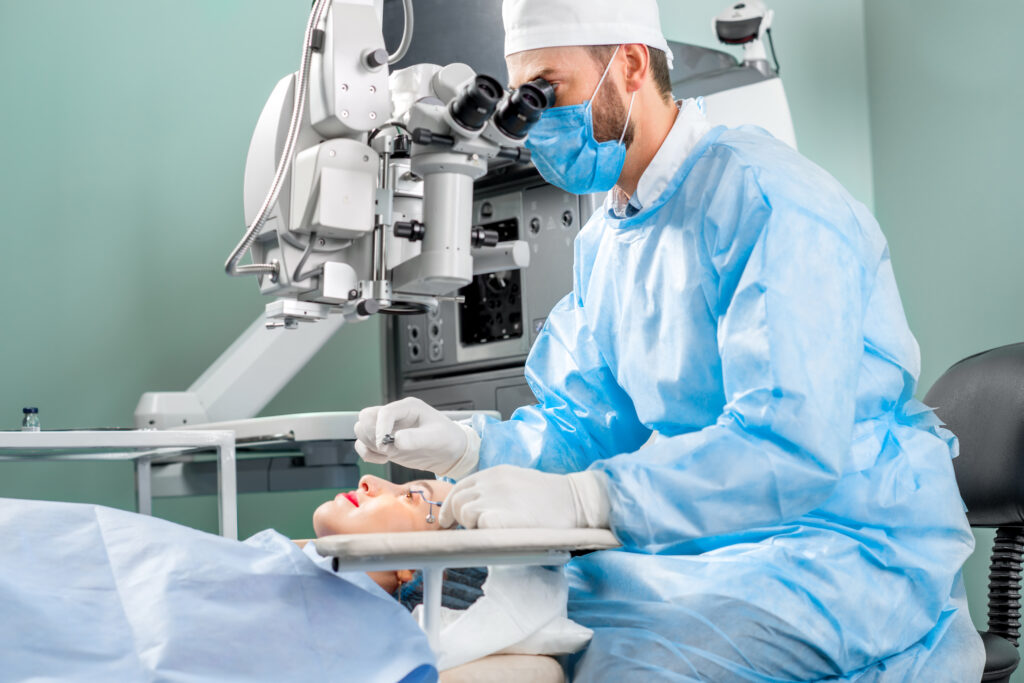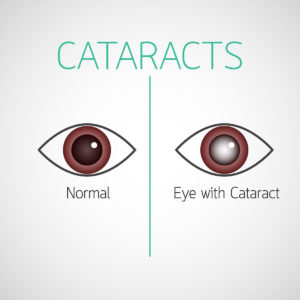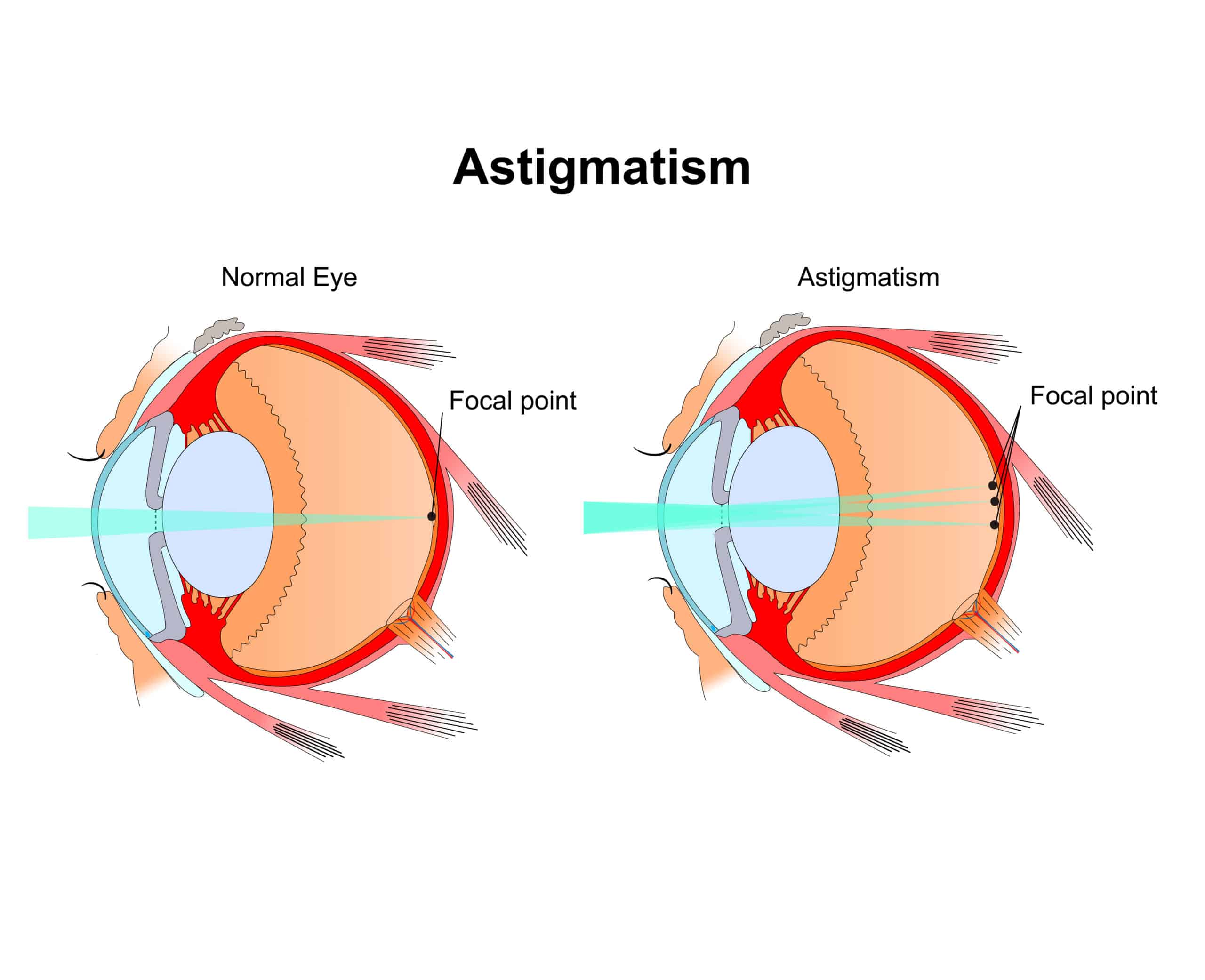
Cataracts are a leading cause of blindness, but they mature slowly. You may first experience minor interruptions in your vision, such as faded colors or glare around lights. As the cloudy lens grows denser, the maturing cataract causes double vision, blurry vision, and difficulty seeing at night. Many patients put off or delay cataract surgery, but early cataract surgery offers many benefits, such as an easier procedure, faster recovery, and better quality of life. Don’t wait until cataracts steal your vision. Contact Berks Eye Physicians and Surgeons.
1. Busy Schedules
One reason patients put off cataract surgery in the early stages of the eye disease is their busy work schedule or lifestyle. You may be concerned about taking too much time off or missing an upcoming event, but cataract surgery doesn’t require a lengthy recovery. While your eye may take up to six weeks to heal completely, most patients have clear vision about one to three days after cataract surgery. Patients are typically advised to take it easy for a few days before resuming their everyday activities, but they may only need to take one or two days away from work.
Waiting too long to have cataract surgery can cause the cataract to become hypermature. A hypermature cataract causes significant vision impairment, and removing the dense lens is more challenging and increases some risks, such as damage to the corneal endothelium.
2. Fear of Eye Surgery
Some patients may be apprehensive about having cataract surgery because they are afraid of having a procedure on their eyes. However, cataract surgery is one of the most successful procedures in modern medicine, with a high satisfaction rate. You will experience virtually no pain due to local anesthesia that numbs the eye, and our eye surgeons work to make you as comfortable as possible. The procedure takes just 10 to 20 minutes.
Immature or early cataracts are easier to remove because the lens breaks apart more efficiently and is less likely to damage other eye structures or tissues. Cataract surgery in the early stages, where you experience mildly blurry vision or difficulty seeing in low lighting, lowers some risks and may lead to a faster procedure and recovery.
3. Vision Impairment Is Still Minor
Early cataracts may be more of a nuisance than a concern, but as the cloudy lens grows increasingly dense, you will have unpleasant side effects that impact your ability to work and enjoy time with your loved ones or do hobbies. Mature cataracts increase your risk of getting into an auto accident or being injured in a fall. Patients who wait more than six months for cataract surgery experience more vision loss and a lower quality of life.
Don’t put off cataract surgery any longer. Restore clear vision and enjoy better eyesight with Premium lens implants for refractive errors. Contact our eye surgeons in Wyomissing, Pennsylvania, to schedule your eye exam. Call Berks Eye Physicians & Surgeons at (610) 372-0712.
 1802 Paper Mill Road, Wyomissing, PA 19610
1802 Paper Mill Road, Wyomissing, PA 19610





 According to the National Eye Institute, more than 95 percent of people with cataracts are age 55 and older. While the vast majority of cataract cases occur beginning at age 40, younger adults, children and infants also can develop cataracts.
According to the National Eye Institute, more than 95 percent of people with cataracts are age 55 and older. While the vast majority of cataract cases occur beginning at age 40, younger adults, children and infants also can develop cataracts. Cataracts are the most common cause of vision loss in individuals over age 40 and the number one cause of blindness in the world. Cataract Awareness Month is a great time to learn more about the eye disease, including how it’s treated. Here, the trusted team at
Cataracts are the most common cause of vision loss in individuals over age 40 and the number one cause of blindness in the world. Cataract Awareness Month is a great time to learn more about the eye disease, including how it’s treated. Here, the trusted team at  Astigmatism is a refractive error in which light entering the eye fails to come to a single focus on the retina to produce clear vision. Instead, light is focused onto multiple focus points, either in front of the retina, behind it or both, causing blurry or distorted vision.
Astigmatism is a refractive error in which light entering the eye fails to come to a single focus on the retina to produce clear vision. Instead, light is focused onto multiple focus points, either in front of the retina, behind it or both, causing blurry or distorted vision. At
At  According to Prevent Blindness America, there are more cases of
According to Prevent Blindness America, there are more cases of 